The Role of Technology in Modern Accounting Training
In today’s fast-paced business environment, technology plays a crucial role in shaping the landscape of accounting training. As accounting practices evolve, the integration of advanced technological tools and platforms has become essential for both aspiring and established professionals. Let’s explore how technology is revolutionizing accounting training and why it matters for the future of finance.
1. Accessibility and Flexibility
One of the most significant advantages of technology in accounting training is accessibility. Online learning platforms enable professionals to access training materials anytime and anywhere. This flexibility is particularly beneficial for those juggling work and study, allowing them to learn at their own pace.
2. Interactive Learning Experiences
Technology enhances the learning experience through interactive tools such as webinars, virtual classrooms, and simulations. These platforms allow trainees to engage with instructors and peers in real-time, fostering a collaborative learning environment. Interactive case studies and simulations help students apply theoretical knowledge to practical scenarios, bridging the gap between learning and real-world application.
3. Up-to-Date Content
The accounting field is continuously evolving, with new regulations and technologies emerging regularly. Technology-driven training programs can easily update their content to reflect the latest trends and compliance requirements. This ensures that learners are equipped with the most current knowledge and skills necessary to succeed in their careers.
4. Data Analytics and Accounting Software Training
Incorporating data analytics and accounting software into training programs is essential in today’s data-driven world. Learning how to use tools like QuickBooks, Xero, or advanced ERP systems gives trainees a competitive edge. Understanding data analytics not only enhances their accounting skills but also prepares them for roles that require data interpretation and strategic decision-making.
5. Personalized Learning Paths
With the help of technology, training programs can now offer personalized learning paths tailored to individual needs and career goals. Adaptive learning technologies analyze a learner’s performance and suggest targeted resources, ensuring that each trainee receives the support they need to thrive.
6. Cost-Effectiveness
Online training solutions often come at a lower cost compared to traditional classroom settings. By reducing travel expenses and allowing organizations to train multiple employees simultaneously, technology makes high-quality accounting training more accessible and affordable.
7. Continuous Professional Development
The accounting profession requires ongoing education to maintain certifications and stay informed about industry changes. Technology facilitates continuous professional development through online courses, webinars, and certification programs, helping accountants keep their skills sharp and relevant.





